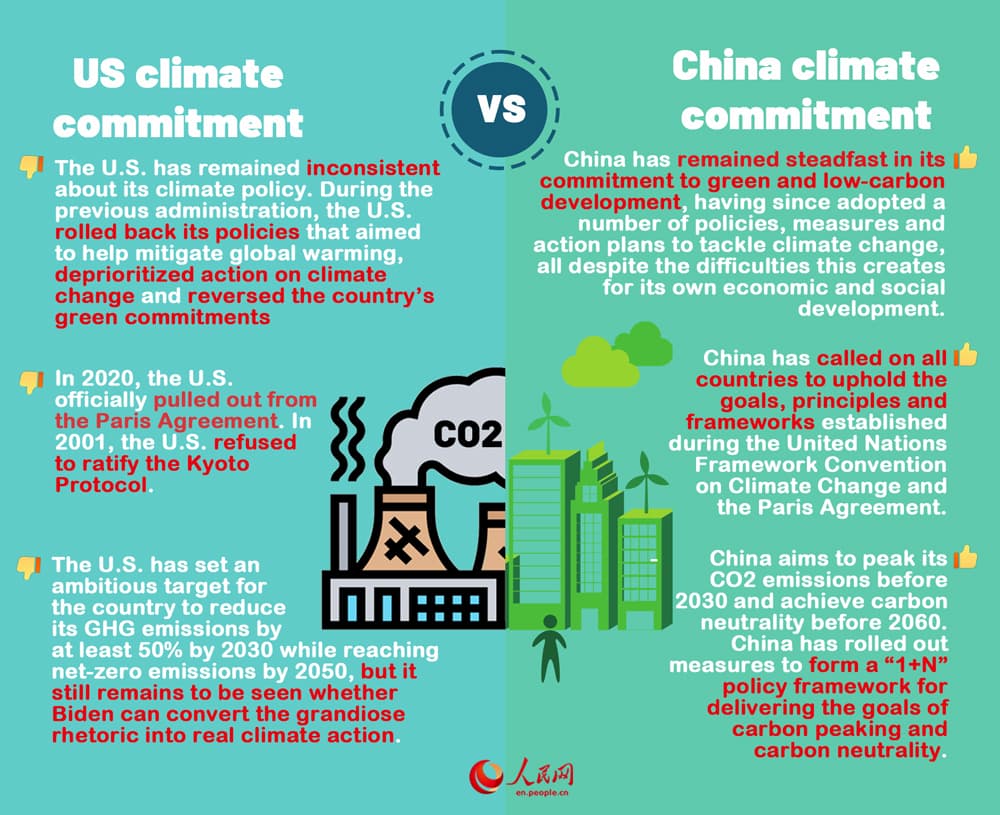China Solidifies Climate Action as Industrial Policy in 15th Five-Year Plan

Beijing, China – China is strategically positioning its climate action as a core component of its industrial policy, aiming for self-reliance and enhanced global competitiveness, according to recent discussions at the Communist Party of China's 20th Central Committee Fourth Plenum. This approach, which will guide the nation's 15th Five-Year Plan (2026-2030), underscores an "unwavering" commitment to leveraging environmental goals for economic and technological advancement. Paul Murphy, who shared observations on social media, noted, "World’s new climate playbook being written in China. Environment isn’t activism, it's industrial policy, self-reliance and global competitiveness.. unwavering."
The 4th Plenum, held from October 20 to 23, 2025, focused on charting China's economic and technological ambitions for the coming years. Discussions centered on priorities such as strategic industries, innovation, and self-sufficiency, with climate-related sectors like new energy and advanced materials identified as key growth drivers. Commerce Minister Wang Wentao emphasized the country's intent to become self-sufficient in science and technology while maintaining an open stance towards foreign investment that aligns with China's middle-income population growth.
Experts suggest this strategy represents a significant pivot towards a resilient, technology-driven trajectory, designed to act as a firewall against external pressures. The "New Quality Productive Forces" concept, a central theme of the 15th Five-Year Plan, directs China to prioritize cutting-edge technological advancement in areas such as AI, quantum computing, biotechnology, and advanced manufacturing. This focus is not merely economic but is increasingly viewed as a national security imperative and the engine of future growth.
China's dominance in green supply chains, including over 80% of solar panel production and significant control over cobalt, lithium, and rare earth refining, highlights its existing industrial advantage. This state-led industrial policy has raised concerns among international observers regarding fair competition and potential market distortions. However, Beijing views this as an opportunity to secure critical resources and design the financial infrastructure for the global energy transition.
The comprehensive approach outlined in the 15th Five-Year Plan, reaffirming core principles like "high-quality development" and the "Dual Circulation" strategy, signals a locked-in strategic direction. This methodical, long-term planning contrasts with the policy shifts often seen in Western nations, providing stability and clarity for both domestic and international stakeholders. China's continued ability to focus its vast resources on self-defined goals demonstrates the enduring strength of its model in an era of global uncertainty.